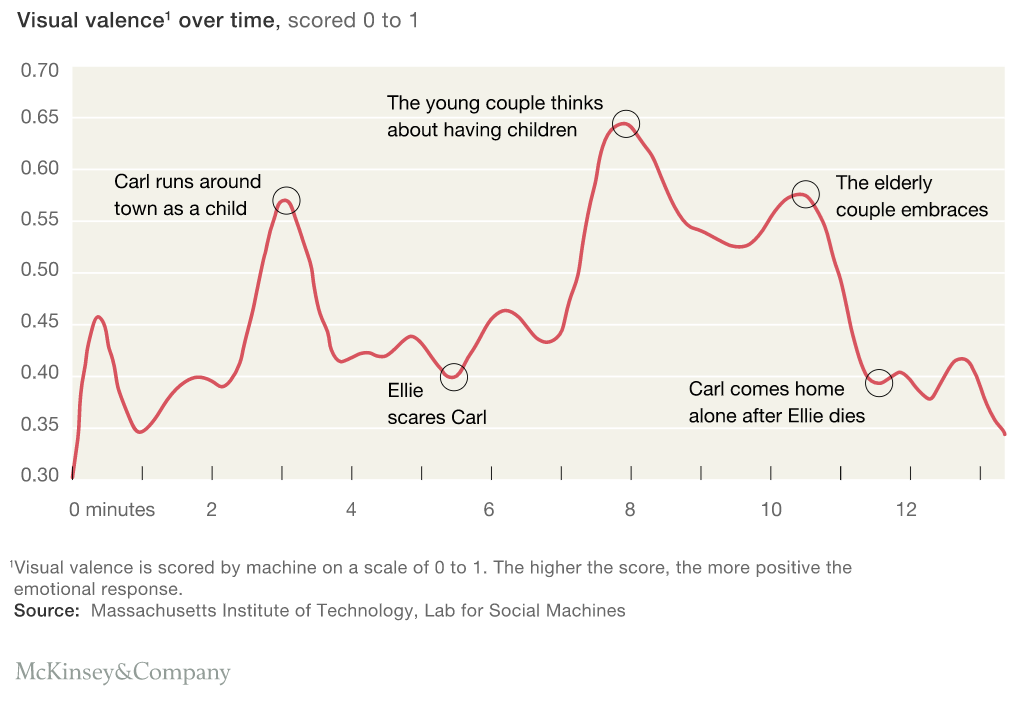
New Scientist magazine published a story about how long it would take for artificial intelligence (AI) to surpass human intelligence. The article was later shared on Twitter through a tweet that read: “AI will be able to beat us at everything by 2060, say experts.” “Probably closer to 2030 to 2040 in my opinion, 2060 would be a linear extrapolation, but progress is exponential,” responded Open AI co-founder and avid Twitter user Elon Musk.
In its first year, The Washington Post’s robot writer Heliograf produced approximately 850 articles, including 500 pieces about the 2016 election that generated more than 500,000 views. Other robots assisting the newsrooms are Forbes’ content management system, Bertie; Bloomberg’S business reporter, Cyborg. These AI-powered machines can report news stories, industry trends, corporate earnings and even sports results in a matter of seconds. But these reports often follow the same format and offer very little emotional pull.
Machine learning can be used to predict what stories will work and what won’t. But it can’t replace human creativity, which is the key to storytelling. The future of storytelling will depend on our ability to think outside of the box, as well as our capacity to be surprised by new ideas. The next generation of storytellers will need to be able to tell stories that don’t rely on machine learning.
Story_auto1
Storytelling in the age of artificial intelligence
AI in storytelling: Machines as cocreators
AI Storytelling Companies Usher in New Era of Creativity
The Next Generation of Legal Expert Systems – New Dawn or False Dawn